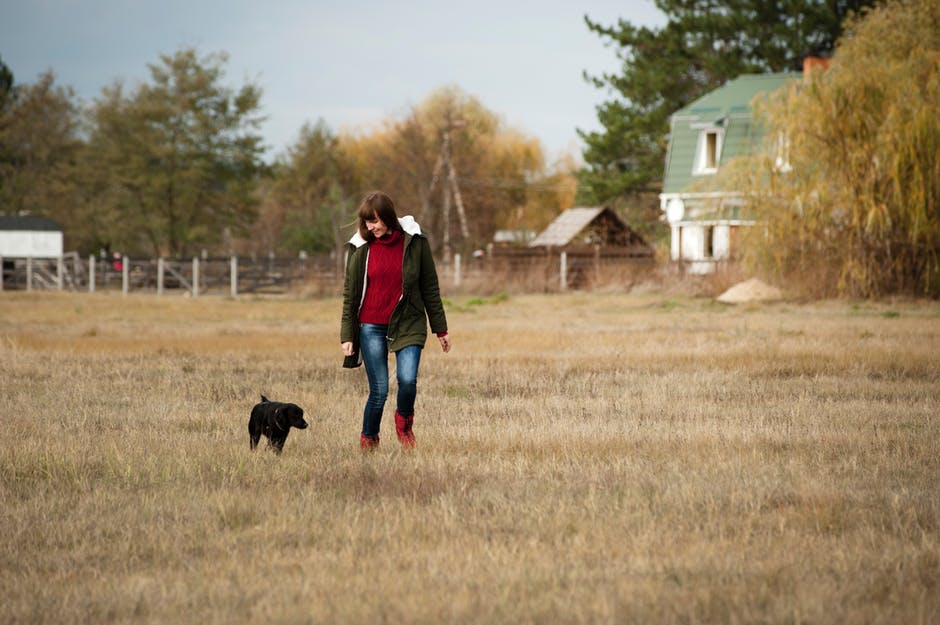
Sustainable Agriculture: Farming Solutions You Need to Know
The agricultural industry worldwide is under pressure. Farmers need to stay resilient against a range of global economic challenges, all while coping with the new challenges that climate change brings.
It’s no easy feat, but sustainable farming solutions are available to help farmers adapt to the ever-changing landscape. We’ll be looking at the current agricultural problems and potential smart farming solutions in this article.
What Agricultural Problems Are Farmers Facing?
The impact of farming as we know it now on the climate is vast. Farming uses 70% of the world’s freshwater supply. It also generates 12% of annual greenhouse gas emissions.
The agricultural industry faces mounting pressure to come up with more sustainable farming solutions to reduce the agricultural sector’s impact.
Of course, it is not up to the industry alone to solve these problems. Governments, researchers, scientists, and the supermarket industry all have a role to play. But the need to switch to more sustainable solutions is one of the first steps towards this.
Sustainable Farming Solutions: Fertilizer
Fertilizer is one of the larger costs farmers face to produce crops. But its use also has an impact on the environment. It reduces soil biodiversity and its production adds to agricultural global greenhouse gases.
The simple solution? Useless.
Precision agriculture allows farmers to significantly reduce the amount of fertilizer needed. This is achieved by using soil sensors to signal when crops need fertilizer and water. This could not only cut costs for farmers but reduce the amount of fertilizer used and improve soil quality.
Another potential alternative solution is to switch from fertilizer to microbes. Man-made fertilizers provide the extra nutrients to yield healthier crops. But microbes can achieve this with far less impact on soil biodiversity.
This sustainable alternative already exists in the form of a liquid soil additive. It’s self-sustaining and has the potential to produce far higher yields with fewer resources used.
Sustainable Farming Solutions: Land
Closely linked to the soil biodiversity crisis above, only 12% of land across the world is fit for agricultural purposes. Yet food production worldwide needs to increase by an estimated 59% to 98% by 2050.
There are two main ways to tackle this farming problem; by improving soil quality or investing in new ways of farming.
Though such a small amount of land is currently arable, that doesn’t mean it needs to stay that way. This land can be resurrected through biochar, a type of charcoal waste that when mixed with soil creates rich dark dirt. It achieves this by attracting microorganisms, as well as allowing the ground to hold more water.
This isn’t the only solution though. New hydroponic technologies allow farmers to yield more in smaller spaces. This is achieved through vertical farming. It is also a good idea to take a look at how Dam construction contractors can help as this has the potential to be highly crucial for the sustainability of agricultural operations.
As mentioned before, these smart farms use less water, less land, and fewer resources. This makes them a sustainable alternative to traditional farming methods.
More Environmental Business News
Many sustainable farming solutions can help address the challenges the agricultural industry faces. Moving onto new farming methods through technology and reducing the impact of farming on land are vital in tackling climate change while maintaining food production levels.
We have more environmental business news on our blog, so make sure to take a look if you’d like to learn more.
